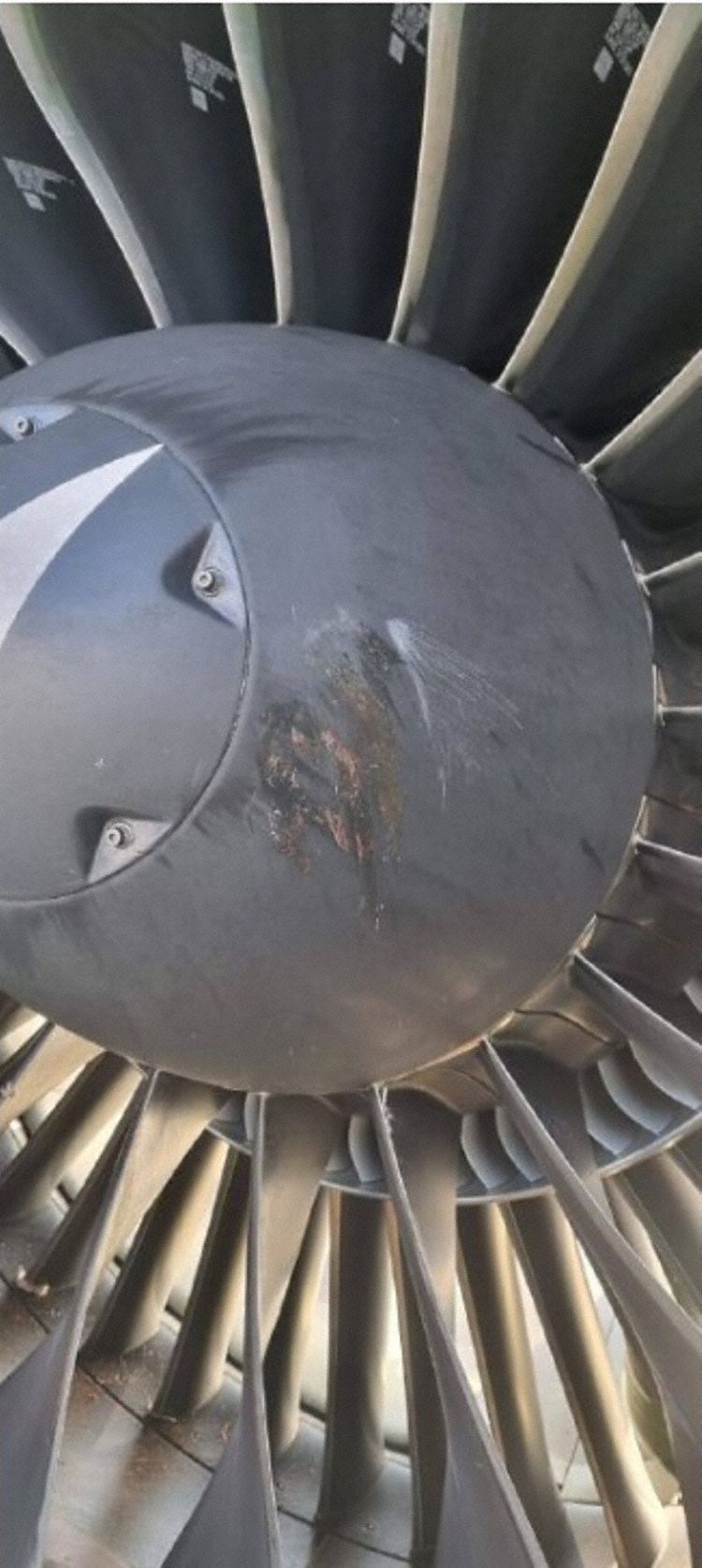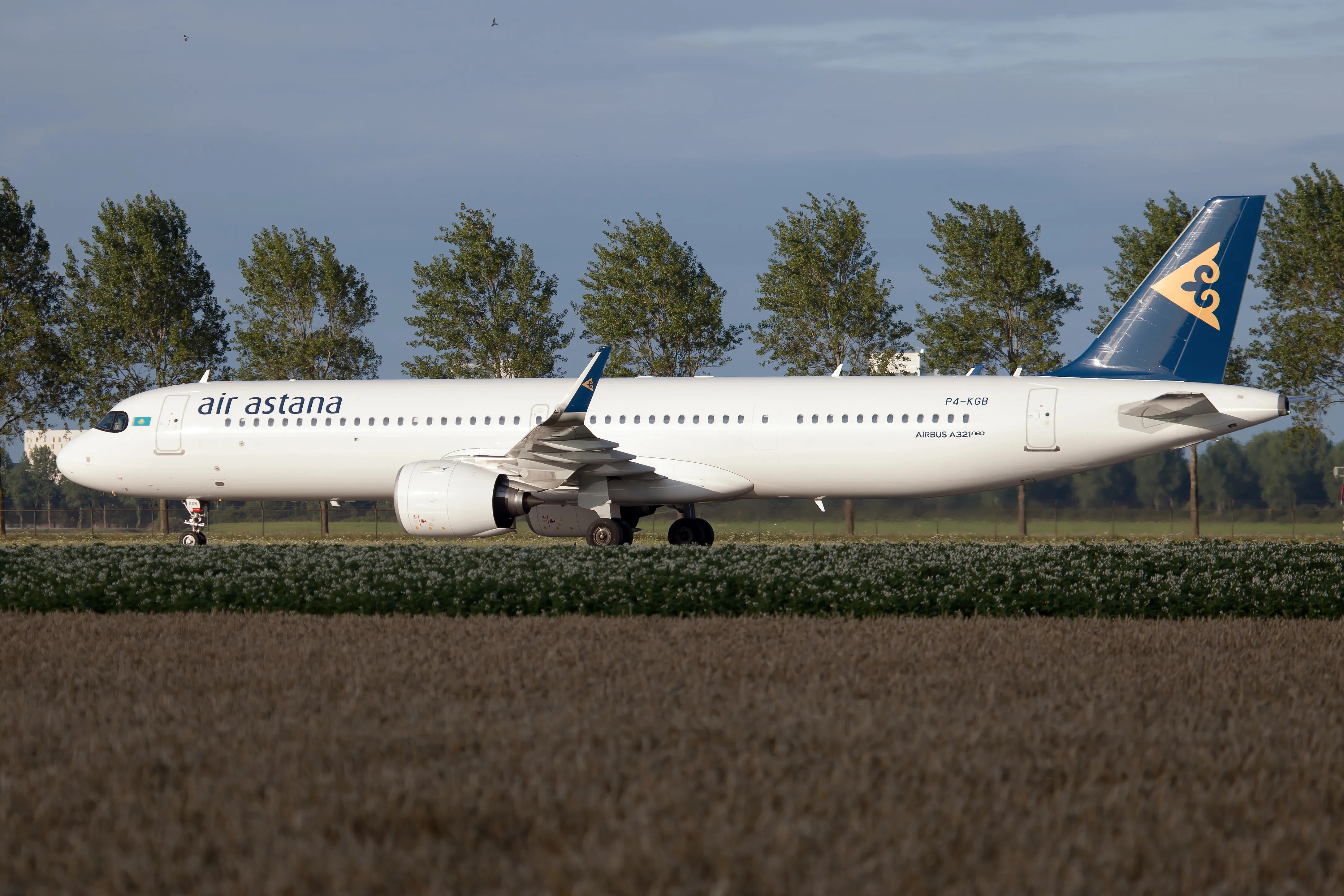"Air Astana Flight 110" was a scheduled international passenger flight from Almaty, Kazakhstan, to Aktau, Kazakhstan, operated by Air Astana. On 11 September 2004, the aircraft operating the service, a Fokker 50, registration UN-54514, struck a mountain near Shymkent, Kazakhstan, killing all 21 passengers and crew.
The cause of the accident was determined to be pilot error. The pilots failed to follow the proper flight path and descended below the minimum safe altitude. The aircraft struck a mountain and crashed. All 21 passengers and crew were killed.
The accident was the first fatal accident involving an Air Astana aircraft. It is also the deadliest aviation accident in Kazakhstan's history.
Air Astana Flight 110
On September 11, 2004, Air Astana Flight 110 crashed into a mountain near Shymkent, Kazakhstan, killing all 21 people on board. The accident was caused by pilot error.
Key Aspects: Aircraft: Fokker 50Operator: Air Astana Date: September 11, 2004Location: Shymkent, Kazakhstan Fatalities: 21Cause: Pilot error Detailed Discussion:The aircraft was operating a scheduled passenger flight from Almaty to Aktau. The pilots failed to follow the proper flight path and descended below the minimum safe altitude. The aircraft struck a mountain and crashed.The accident was the first fatal accident involving an Air Astana aircraft. It is also the deadliest aviation accident in Kazakhstan's history. Personal Details and Bio Data of the Person or CelebrityThis section is not applicable to this topic.Air Astana Flight 110 FAQs
This section provides answers to frequently asked questions about Air Astana Flight 110, a Fokker 50 aircraft that crashed into a mountain near Shymkent, Kazakhstan, on September 11, 2004, killing all 21 people on board.
Question 1: What caused the crash of Air Astana Flight 110?
The crash was caused by pilot error. The pilots failed to follow the proper flight path and descended below the minimum safe altitude, causing the aircraft to strike a mountain.
Question 2: How many people were killed in the crash?
There were 21 people on board the aircraft, including passengers and crew. All 21 people were killed in the crash.
Question 3: Was this the first fatal accident involving an Air Astana aircraft?
Yes, this was the first fatal accident involving an Air Astana aircraft.
Question 4: Is this the deadliest aviation accident in Kazakhstan's history?
Yes, this is the deadliest aviation accident in Kazakhstan's history.
Question 5: What safety measures have been implemented since the crash?
Since the crash, Air Astana has implemented a number of safety measures, including enhanced pilot training, improved maintenance procedures, and the introduction of new safety technologies.
Question 6: What is Air Astana's safety record?
Air Astana has a good safety record. Since its founding in 2001, the airline has not had any other fatal accidents.
Summary: Air Astana Flight 110 was a tragic accident that resulted in the loss of 21 lives. The accident was caused by pilot error. Air Astana has since implemented a number of safety measures to prevent similar accidents from happening in the future.
Transition to the next article section: The next section of this article will provide a more in-depth look at the causes of the Air Astana Flight 110 crash.
Tips for Preventing Aviation Accidents
Aviation accidents are rare, but they can be devastating. Here are five tips to help prevent aviation accidents:
Tip 1: Follow proper flight procedures. Pilots must always follow proper flight procedures, including following the proper flight path and maintaining a safe altitude.
Tip 2: Be aware of your surroundings. Pilots must be aware of their surroundings at all times, including other aircraft, terrain, and weather conditions.
Tip 3: Be properly trained. Pilots must be properly trained and qualified to operate the aircraft they are flying.
Tip 4: Maintain the aircraft properly. Aircraft must be properly maintained in order to ensure safe operation.
Tip 5: Report any safety concerns. Pilots and other aviation personnel should report any safety concerns to the appropriate authorities.
By following these tips, pilots and aviation personnel can help to prevent aviation accidents and ensure the safety of passengers and crew.
Conclusion: Aviation safety is a shared responsibility. By following these tips, we can all help to make flying safer.
Conclusion
The Air Astana Flight 110 accident was a tragic event that resulted in the loss of 21 lives. The accident was caused by pilot error, and it is a reminder of the importance of following proper flight procedures and being aware of one's surroundings.
In the years since the accident, Air Astana has implemented a number of safety measures to prevent similar accidents from happening in the future. These measures include enhanced pilot training, improved maintenance procedures, and the introduction of new safety technologies.
>As a result of these measures, Air Astana has a good safety record, and it is one of the safest airlines in the world.The Air Astana Flight 110 accident is a reminder that aviation safety is a shared responsibility. By following proper flight procedures, being aware of our surroundings, and reporting any safety concerns, we can all help to make flying safer.
Unveiling The Truth: Gabby Marshall's Marital Status Explored
Unveiling Hailey Bieber: Style, Substance, And Impact
Unveiling The Enchanting World Of Catalina Stoltz: Discoveries And Insights

Incident Astana A21N at Istanbul and Almaty on Aug 23rd 2022, bird strike

Mechanic sucked into a jet engine Herman The Shocker

How Russian Sanctions Allowed Air Astana To Launch Flights To Heraklion
ncG1vNJzZmijn6LCb67LqJlnm5%2Bnsm%2FDyKebqK%2BjY7umwI6go56ZnWSuqr6MmqqtmZ6WenN8j21koqaTnrGmutNmnKefmaOybsLInZyoZpipuq0%3D